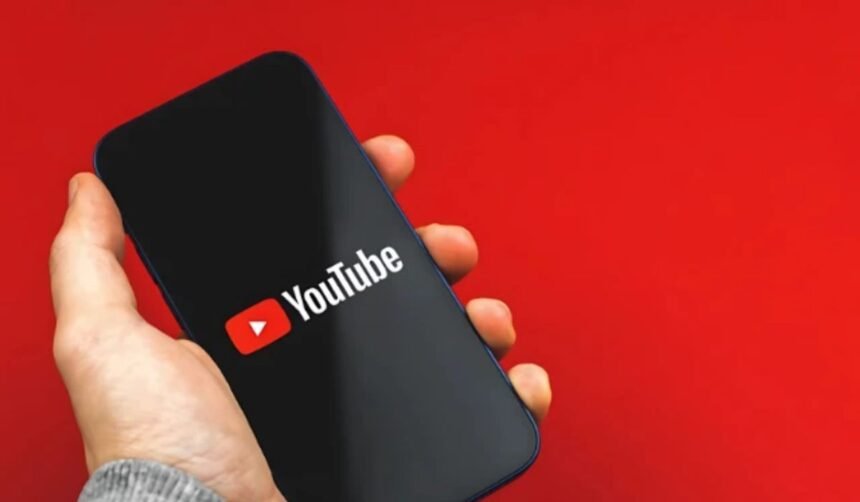YouTube is set to update its monetisation policies from July 15 to limit earnings from mass-produced and repetitive content, much of which has surged with the rise of artificial intelligence (AI). The platform will revise its YouTube Partner Program (YPP) guidelines to better define what counts as “authentic” content.
While YouTube has yet to publish the exact details, the platform has confirmed that only original and creative videos will qualify for monetisation. The move comes in response to a growing influx of low-effort, AI-generated videos that mimic human-created content but often lack quality and originality.
Concerns have emerged among creators about whether the changes could affect reaction videos or content using clips from other sources. However, YouTube’s Head of Editorial and Creator Liaison, Rene Ritchie, described the revision as a “minor update” to existing policies.
Read More: Court Orders Blocking of 27 YouTube Channels Over Anti-State Claims
He explained that the focus is on identifying repetitive or spam-like content that has traditionally been ineligible for revenue sharing.
The platform has recently witnessed a boom in what is often called “AI slop”—content created entirely by generative tools using synthetic voices and repurposed media. One AI-generated true crime series, reported by 404 Media, even went viral without disclosing its automated origin.
YouTube says the update aims to ensure the integrity of the platform and reward creators who produce meaningful and engaging content. By refining its monetisation criteria, the company hopes to discourage misuse of AI tools while encouraging genuine creativity.


